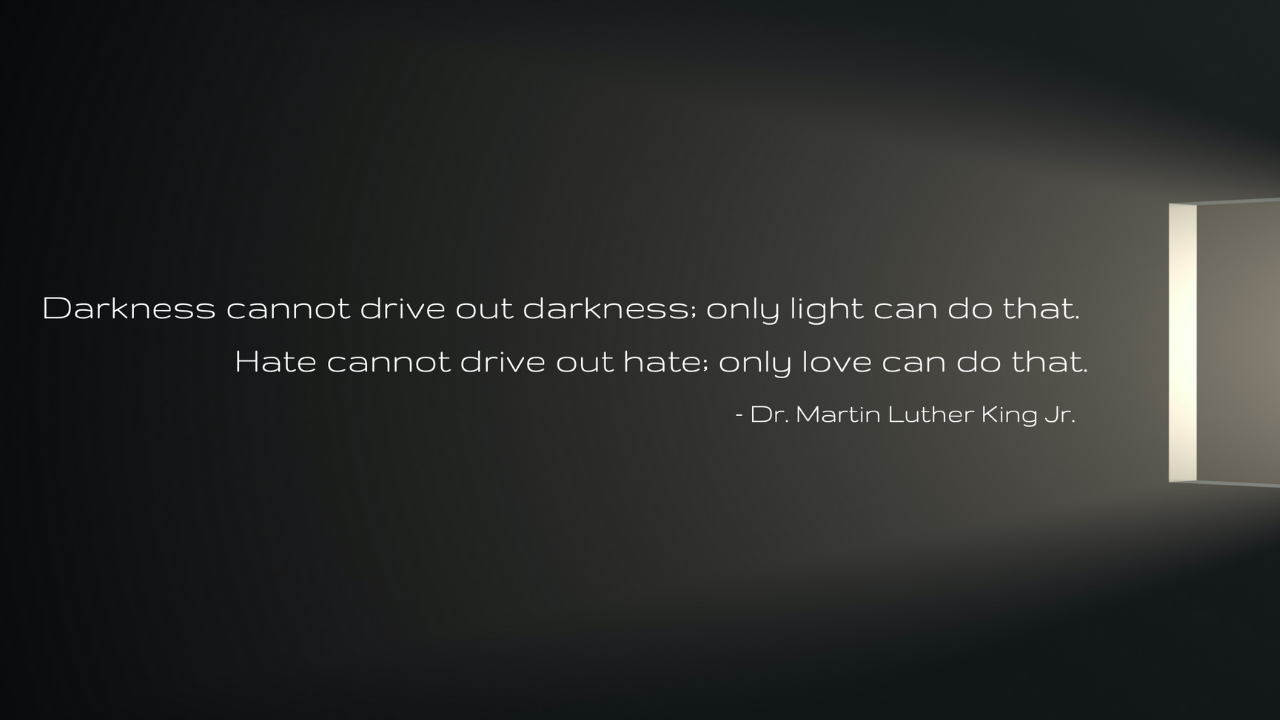Some Things You May Not Know About MLK and His I Have a Dream Speech
Jan 18, 2021
Martin Luther King is one of only three Americans to have his birthday declared a federal holiday. A brilliant orator, he had tremendous influence, but he strived to wield that influence in a manner that always held to the high road.
During the bus boycott in Montgomery, Alabama, for example, his house was bombed, endangering his wife and infant daughter. A crowd gathered. His response: "I want you to love our enemies." The crowd calmed down.
Here are a few unknown facts about his I Have a Dream speech:
Unlike other speakers that day, Dr. King didn't have copies of his text ready to distribute to the audience, which numbered more than 250,000. Rather, he was making revisions the night before, in his hotel room, and didn't finish his draft until after midnight.
The word "dream" almost didn't make it into the speech. In fact, one of Dr. King's advisers told him, "Don't use the lines about 'I Have a Dream.' It's trite, it's cliche. You've used it too many times already."
It was about halfway through is speech when Mahalia Jackson, who had spoken earlier that day, shouted to him from the speakers' stand: "Tell 'em about the 'Dream,' Martin, tell 'em about the 'Dream'!" Dr. King pushed the text of his speech to the side and began then improvising on his dream theme, producing one of the most recognizable speeches in world history.
The speech includes jazz-like riffs and interwoven text from the Bible, Shakespeare, the Declaration of Independence, and popular songs of the day, which allowed him to connect with a wide range of listeners (and indeed, even with us today).
The speech was originally going to be copyrighted under the very boring name, "Martin Luther King's Unpublished Speech of August 28, 1963." Luckily, that was changed to simply, "I Have a Dream." (Thank goodness!) The copyrights are in effect until 2038.
I believe in MLK's dream. But it will take a lot more awareness, a lot more effort, and a lot more sacrifice. I just hope we can walk that path in the way he would have wanted—without violence, without hatred, and with the conviction that, as he said in his speech, we can see true unity and true freedom at last.
As he concluded, "And when this happens, and when we allow freedom ring, when we let it ring from every village and every hamlet, from every state and every city, we will be able to speed up that day when all of God’s children, black men and white men, Jews and Gentiles, Protestants and Catholics, will be able to join hands and sing in the words of the old Negro spiritual: “Free at last! Free at last! Thank God Almighty, we are free at last!”
May Martin Luther King, Jr. Day be a day of remembering for all of us. Remembering what was. And remembering what can be.
Click HERE to view the text of the speech.
